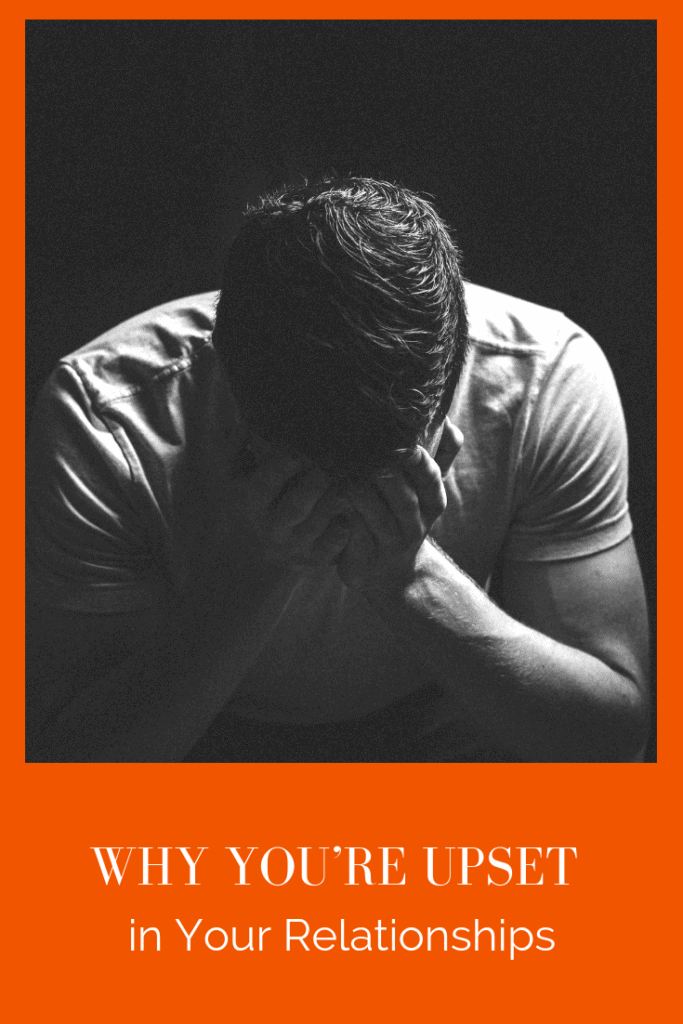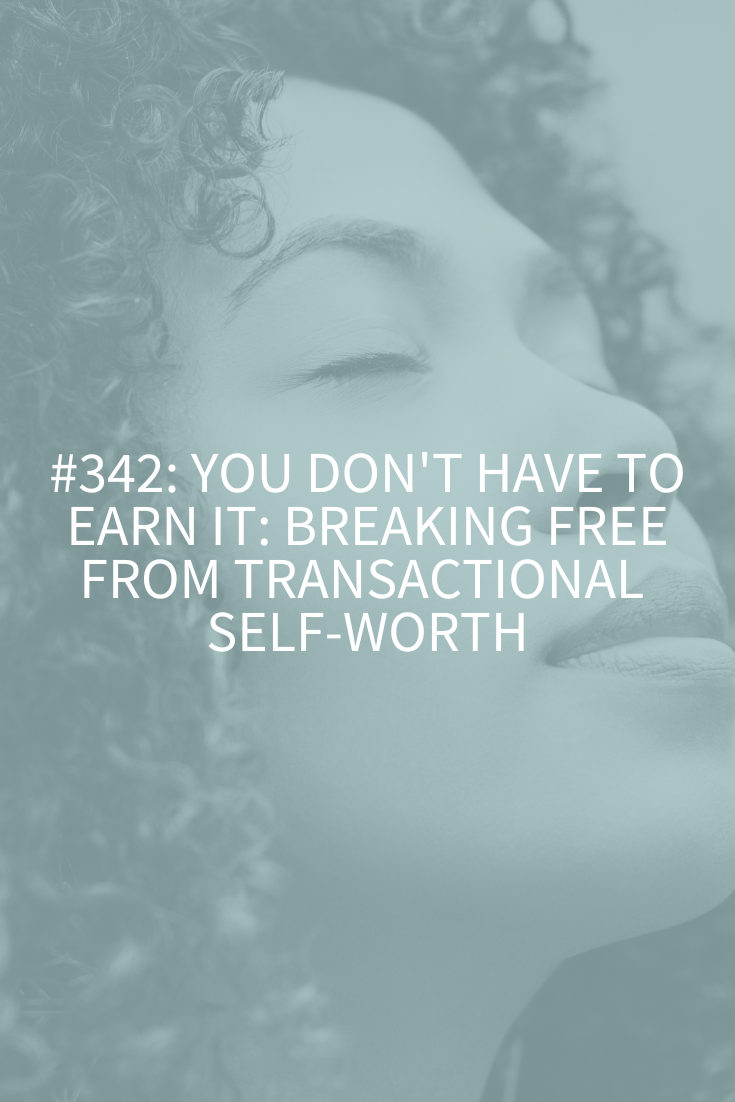
Over 2000 years ago, Roman Emperor Marcus Aurelius said, “If you are distressed by anything external, the pain is not due to the thing itself, but to your estimate of it; and this you have the power to revoke at any moment.”
What he was saying, that’s still true today, is that you feel the way you think. What you believe, expect and think about something leads to how you feel about that something. This is why two different people can react in two completely different ways to the same traffic jam. One person might sit in their car honking the horn, complaining and generally being annoyed, while another person (possibly even in the same car), leans back, turns up the music and grabs a snack. It’s not the traffic itself that upsets us, it’s our beliefs and thoughts about the traffic that upsets us. This is true for all things.
Believe it or not, you can be experience pain, discomfort and upheaval without becoming angry, hopeless, anxious (or insert your favorite suffering here). In the end, it’s our perceptions and expectations that make us unhappy.
When we experience unpleasant or “negative” emotions, we want them to go away. We tend to avoid the bad stuff and yucky feelings. As we try to avoid, we shift our thoughts and attention outside of ourselves and onto another person or the larger environment. In other words, we start to (unconsciously) blame external things and people instead of looking at ourselves.
Expectation
You’re basically as happy as you’re expectations. It’s important to keep your standards high, but your expectations low. Most people have this backwards. They have crappy standards and will accept all kinds of unhealthy behavior from just about everyone, but then have high expectations and feel let down when they’re not met (you can see a nifty three-minute video about this if the concept feels tough to grasp). If you’ve ever been disappointed or frustrated, your expectations were too high in that situation. You want to hold your standards in a high place, while not expecting other people to meet them 100% of the time.
Perception
Another reason you might get your panties in a twist (aka: suffer) stems from your perceptions in a given situation. We tend to think we’re “right” about something and so sure about the “facts” but there are many ways to look at any situation. If five people saw a car accident from five different vantage points, it’s likely that they would have up to five different accounts of what happened and whose fault it was. Everyone might be sure that they’re “right” but it’s really only their perception of what happened.
Changing your perceptions and expectations in any situation takes self-awareness, first. You’ve got to be able to slow your roll, examine what you’re thinking and why you’re thinking it. You need to ask yourself, “Who says this is true?” or “What else could be true?” Next time you’re in an argument or feeling frustrated with someone, take a couple of deep breaths, slow down and then ask yourself these questions. If you want to change how you’re feeling, you’ve got to change what and how you’re thinking.
Shenpa
Pema Chödrön, a buddhist nun, talks a lot on the topic of a Tibetan word called shenpa. Shenpa is usually translated as “attachment,” but Chodron calls it the urge, the hook, that triggers our habitual tendency to close down.
Shenpa is when you’re hooked into that same old pattern and you’re stuck. Chodron also calls shenpa that “sticky feeling.” On the subtlest level, you might feel a tightening, a tensing, or a sense of closing down. Then you likely want to withdraw in some way. You get hooked into feeling defensive, blaming, resentful, angry, jealous, hopeless or any other emotion that shuts down communication and connection.
Chodron also calls shenpa “the urge”. This might be the urge to have a drink, something sweet or salty to eat, smoke that cigarette, escape to the world of your smartphone or iPad, spend money or indulge whatever your particular addiction is.
To get unhooked, you’ve got to recognize that moment of unease and learn to relax in that very moment. If you notice shenpa, just as it’s starting to happen, just as you’re starting to close down, just when you’re starting to experience what Chodron calls “the tightening,” then you can stop your urge to do your usual or habitual thing. You can stop or interrupt your usual negative pattern and have a different response.
How do you fix all this?
The answer is self-awareness and being mindful. For a great way to do this, check out my blog post on How to Make Mindfulness a Habit






